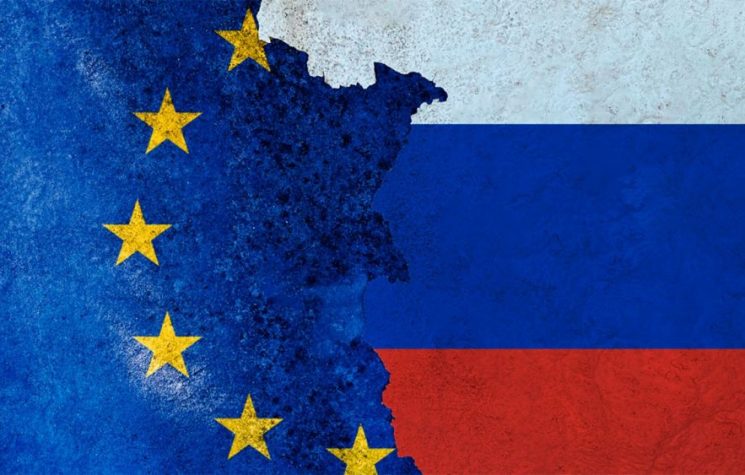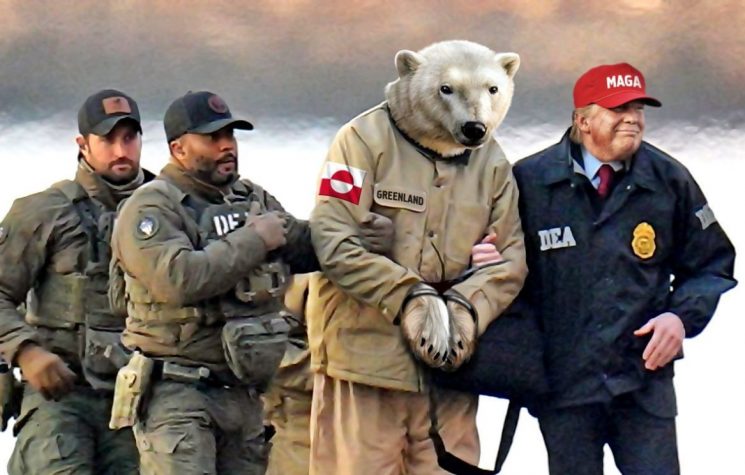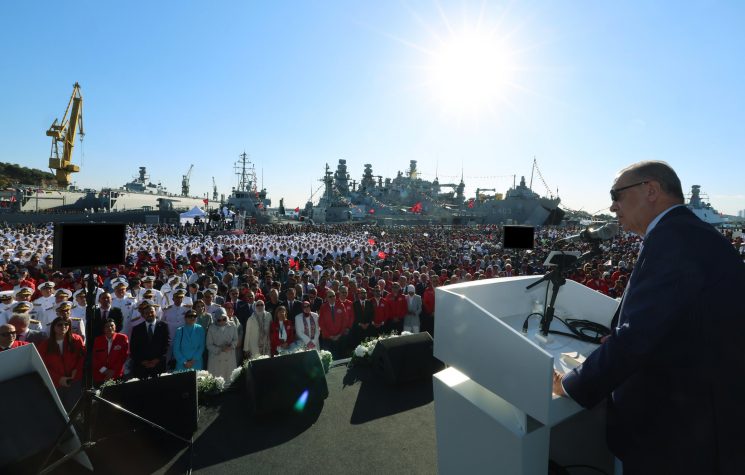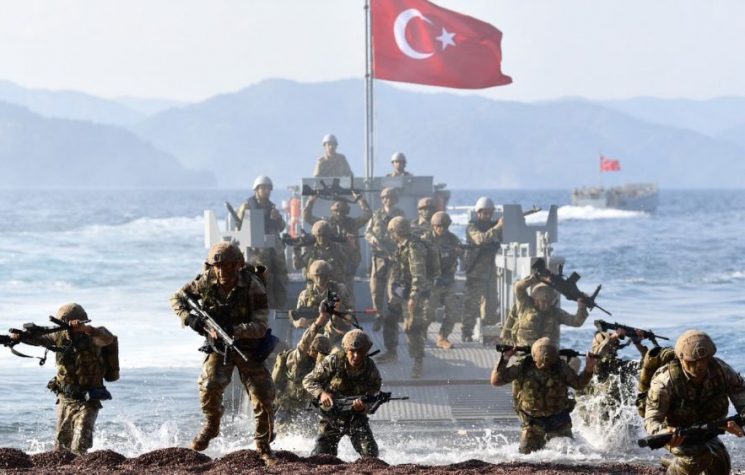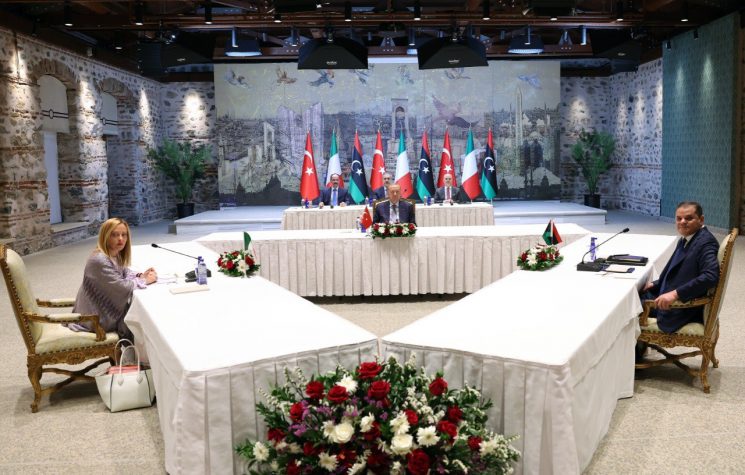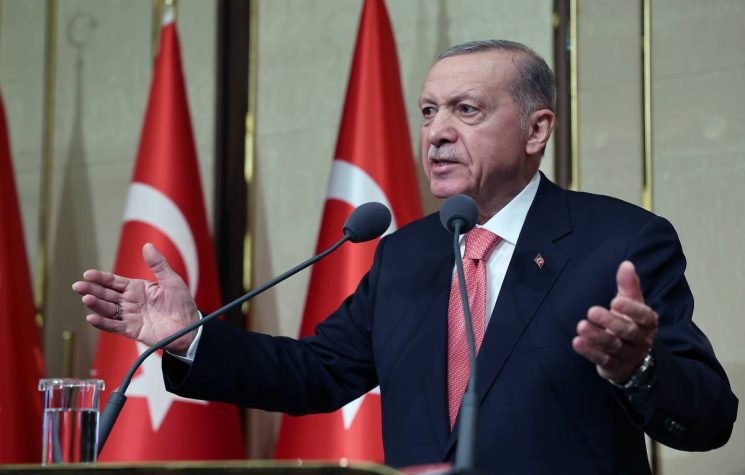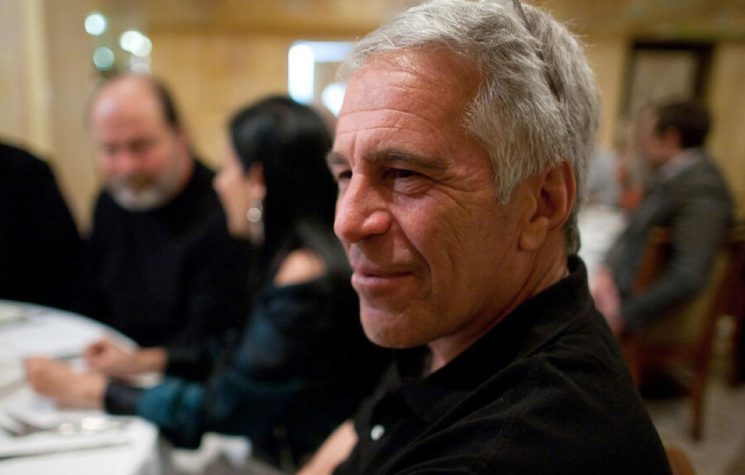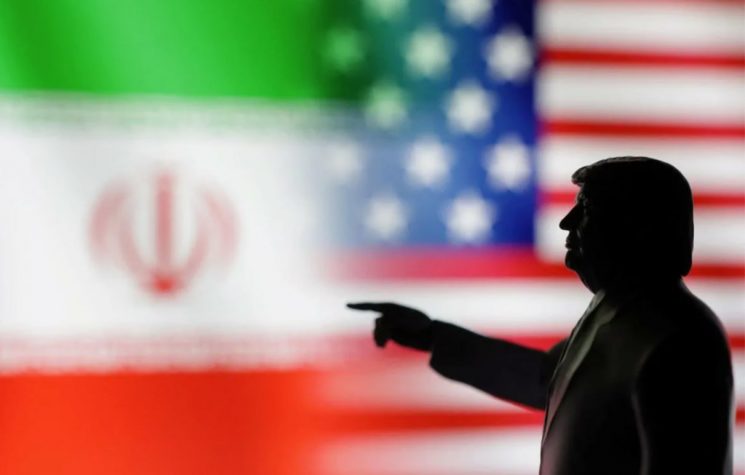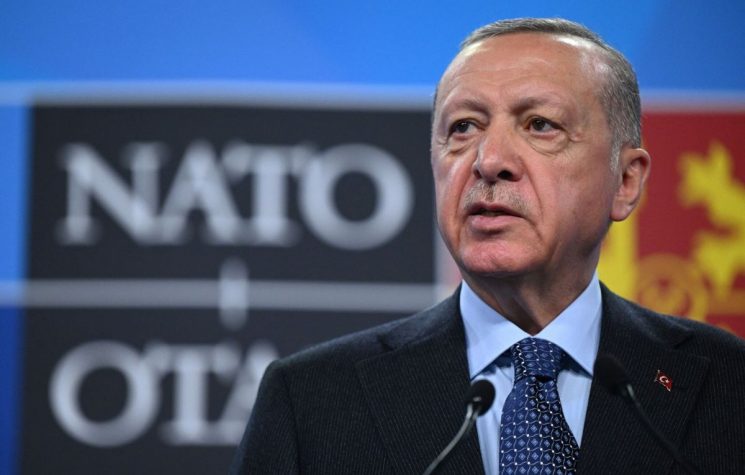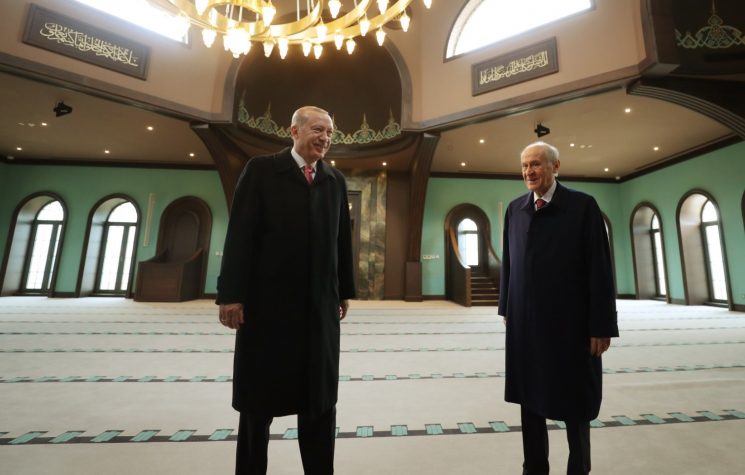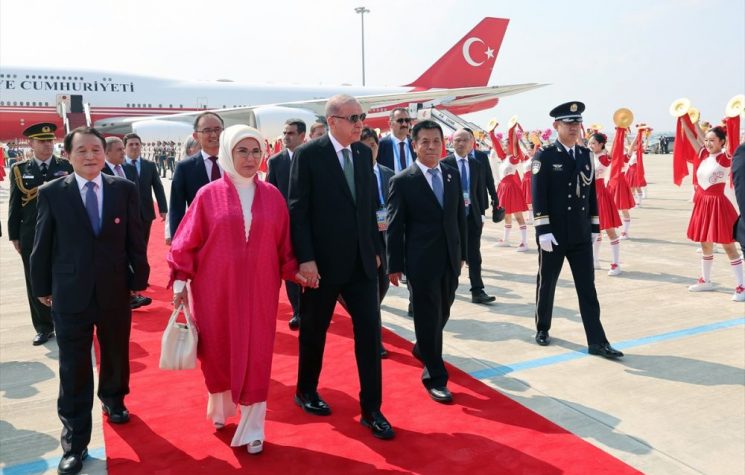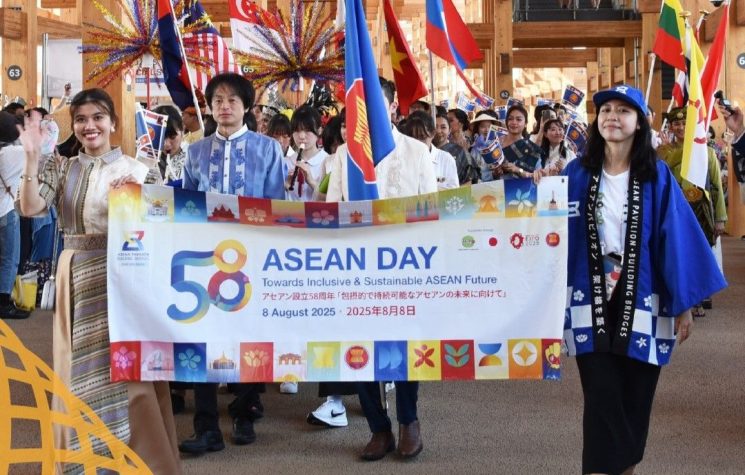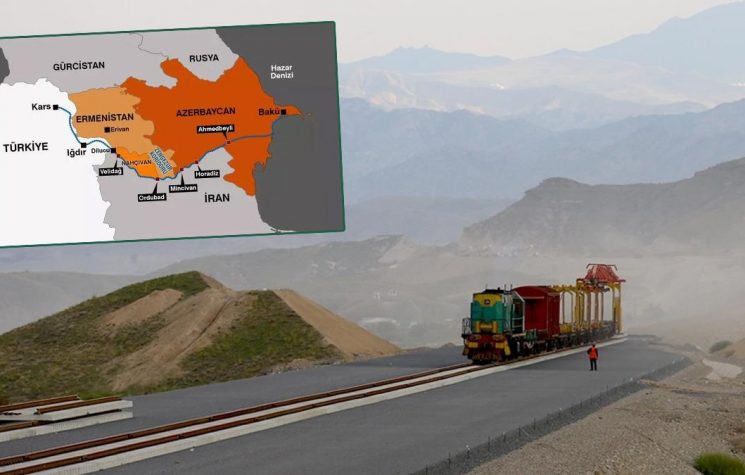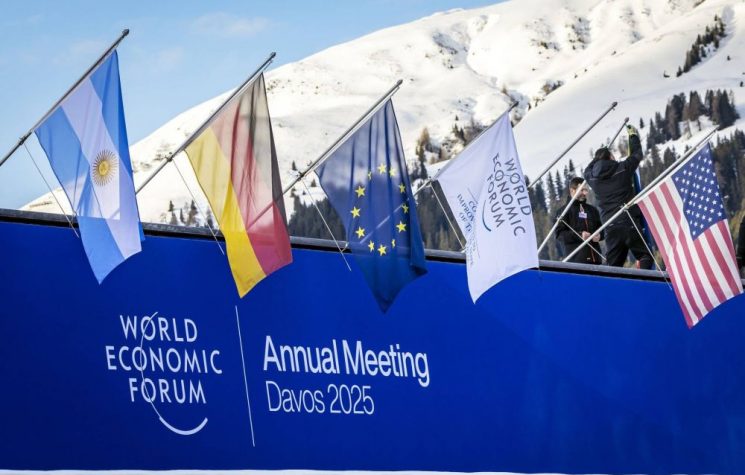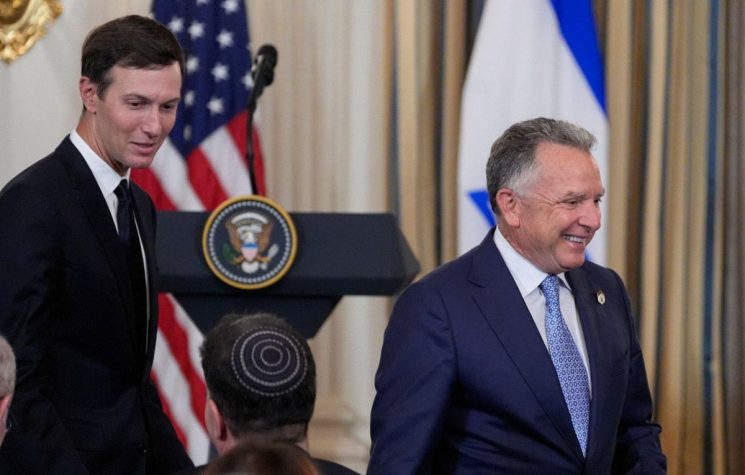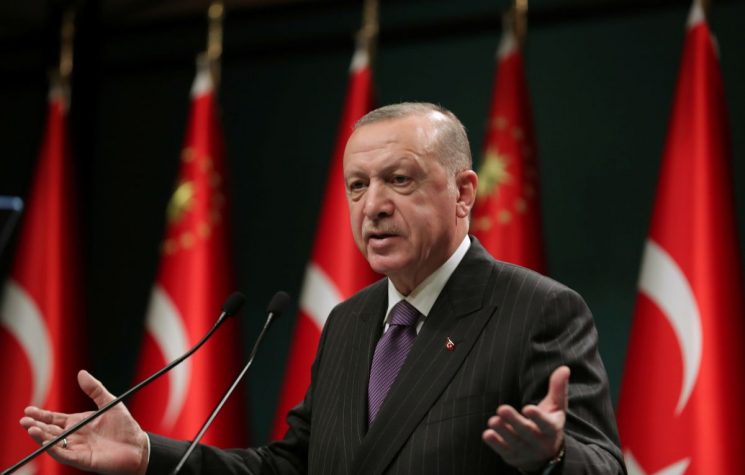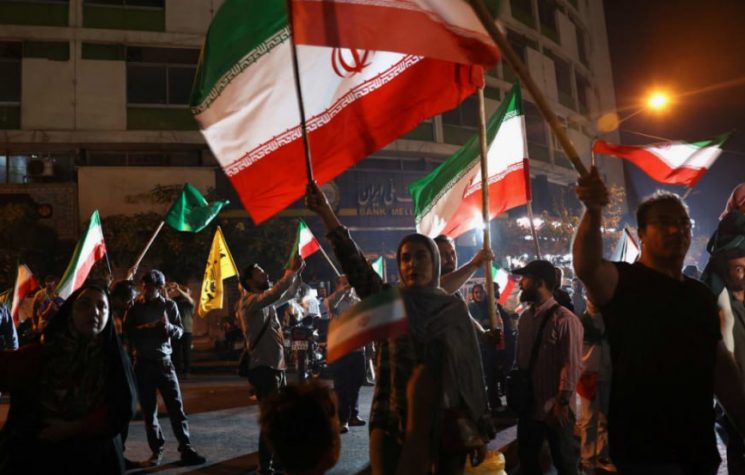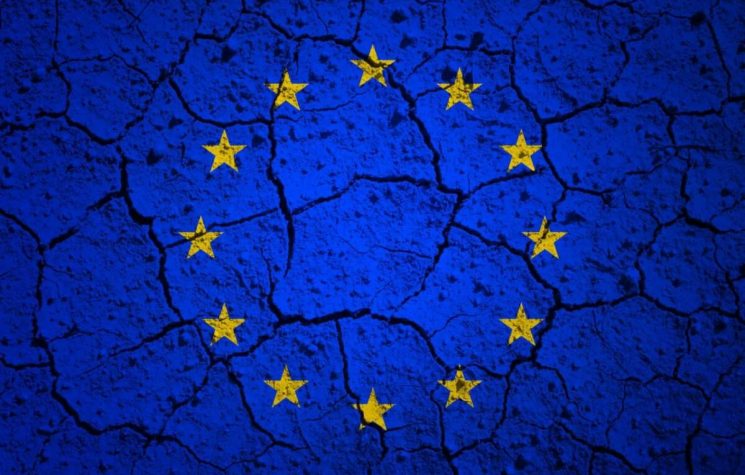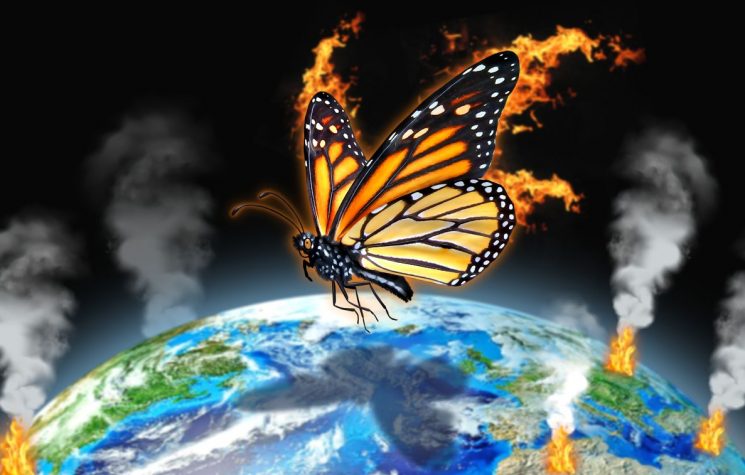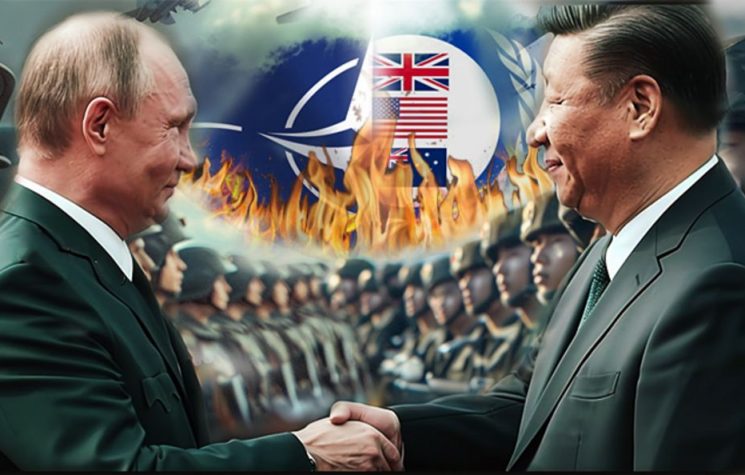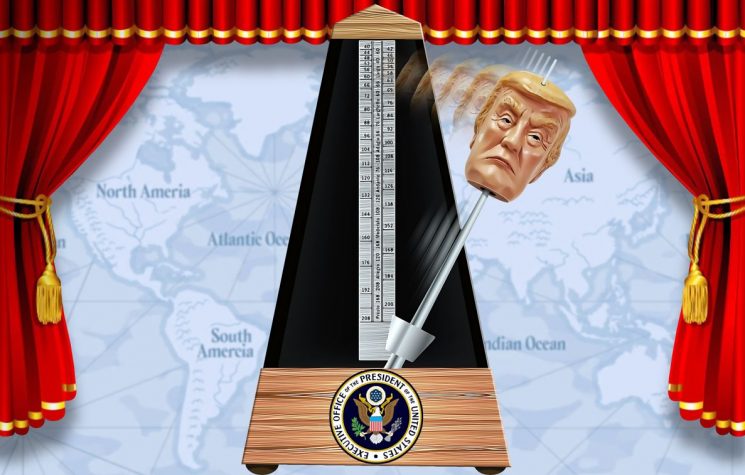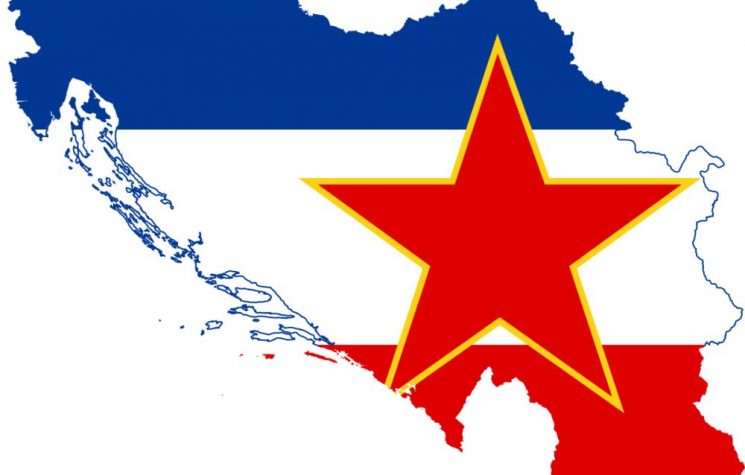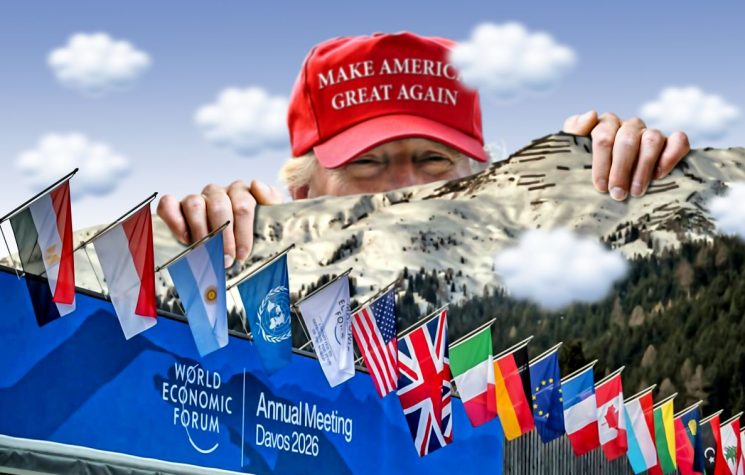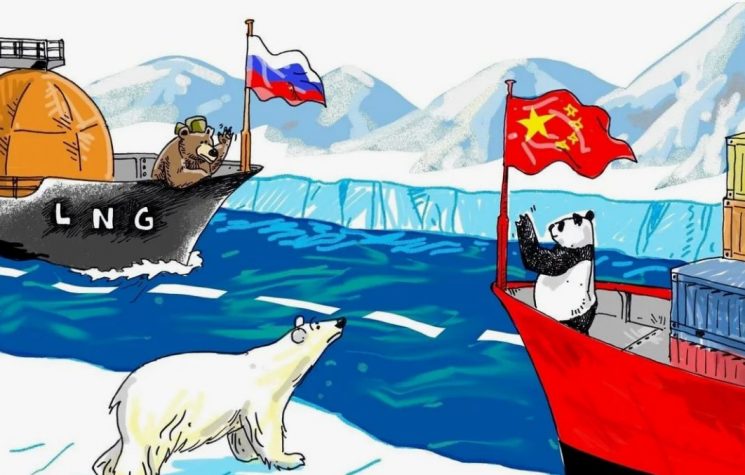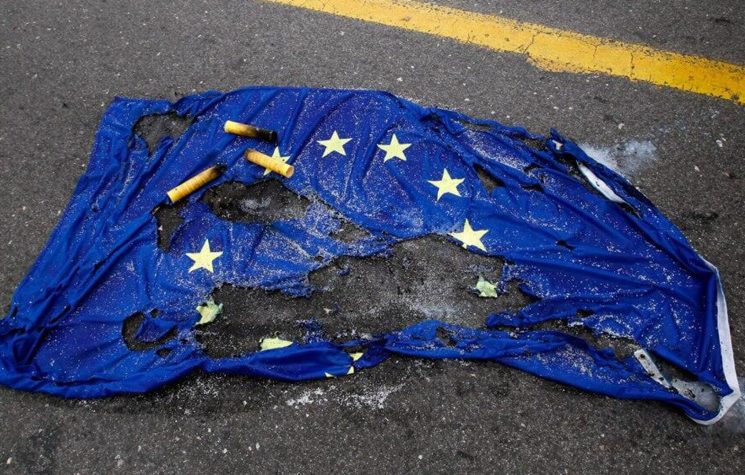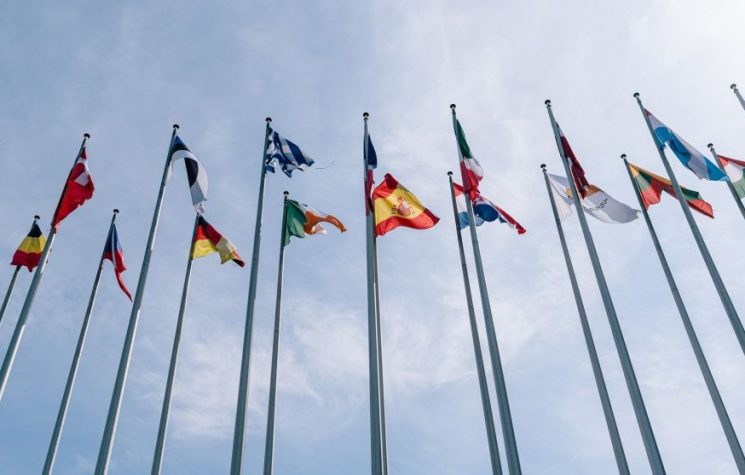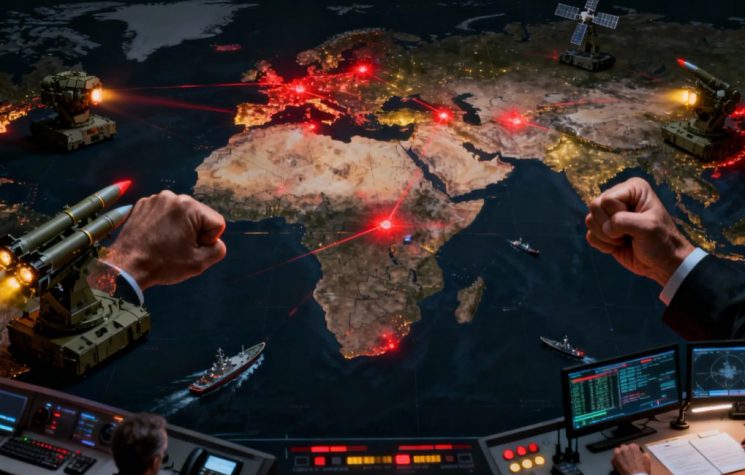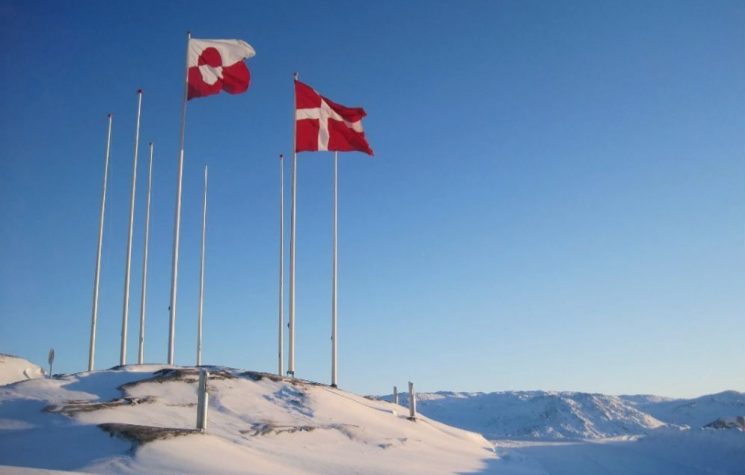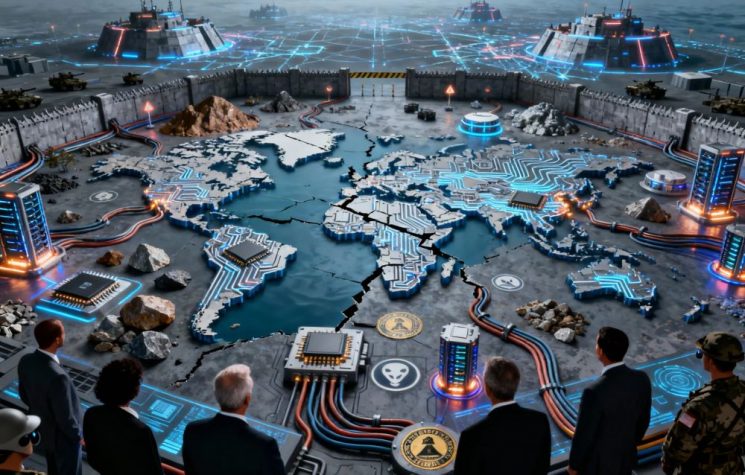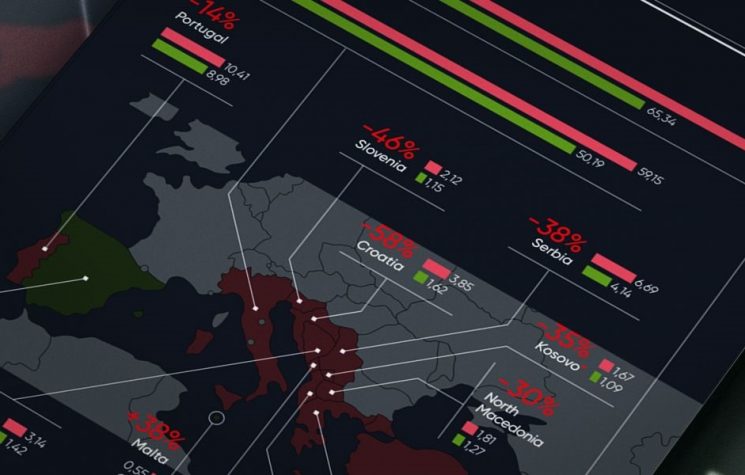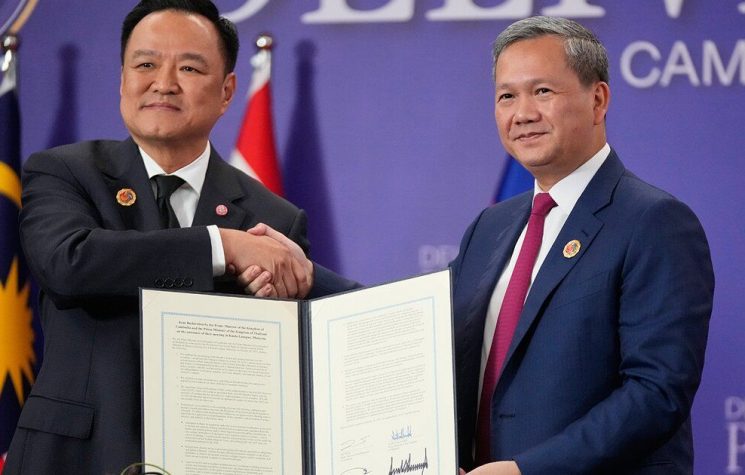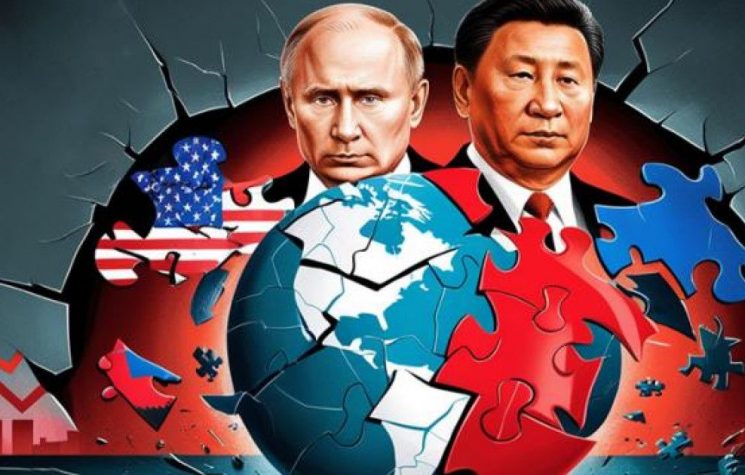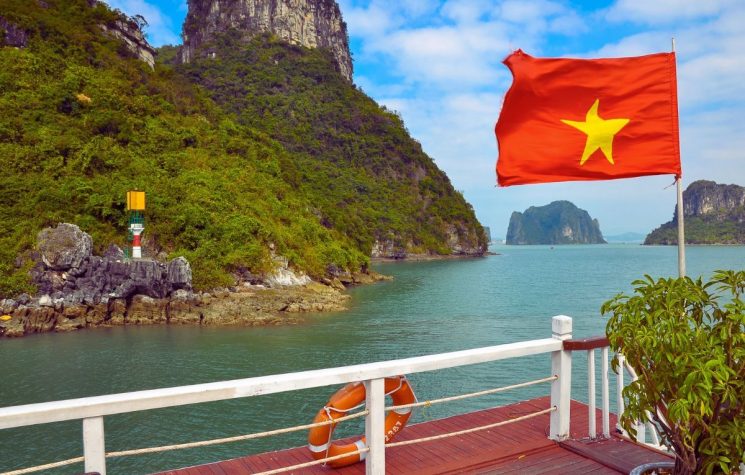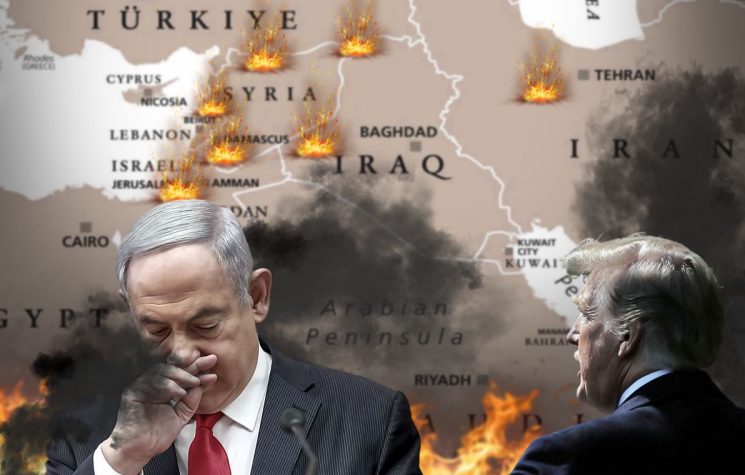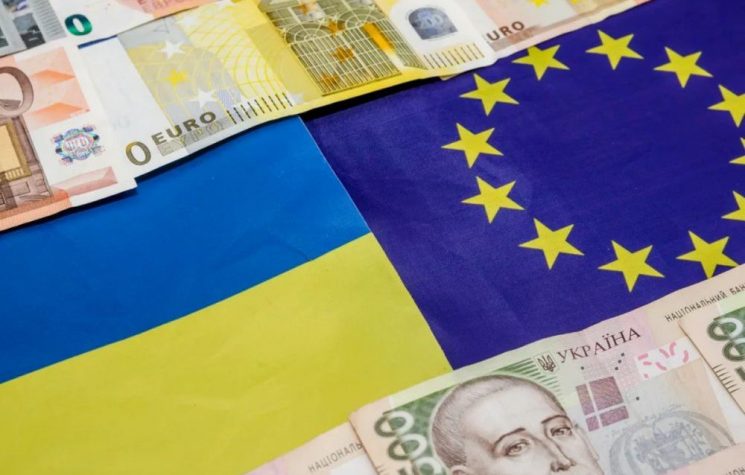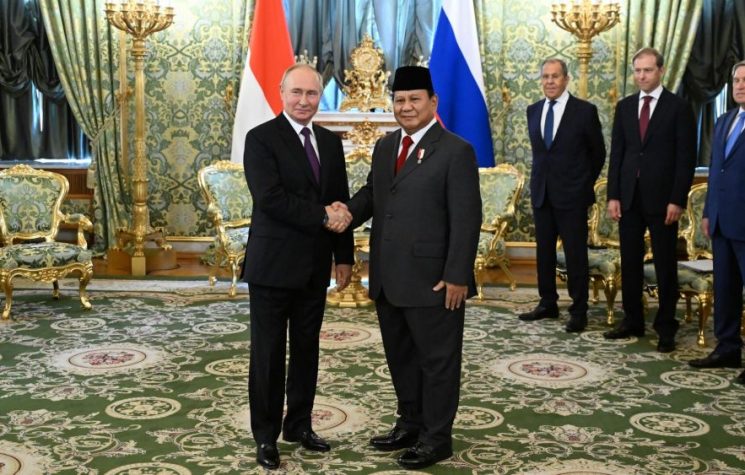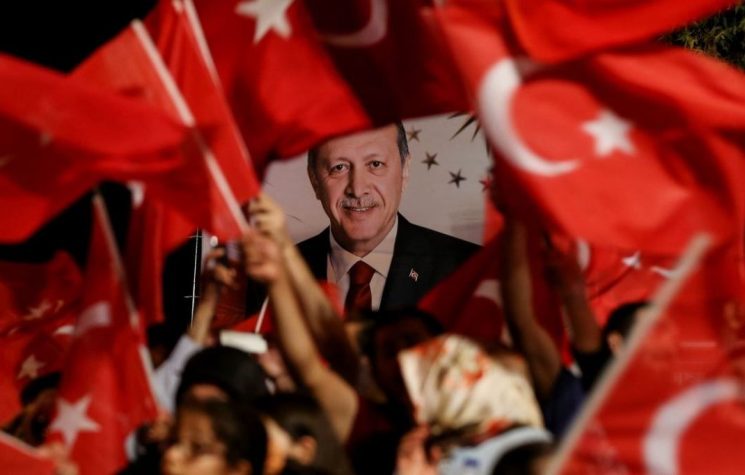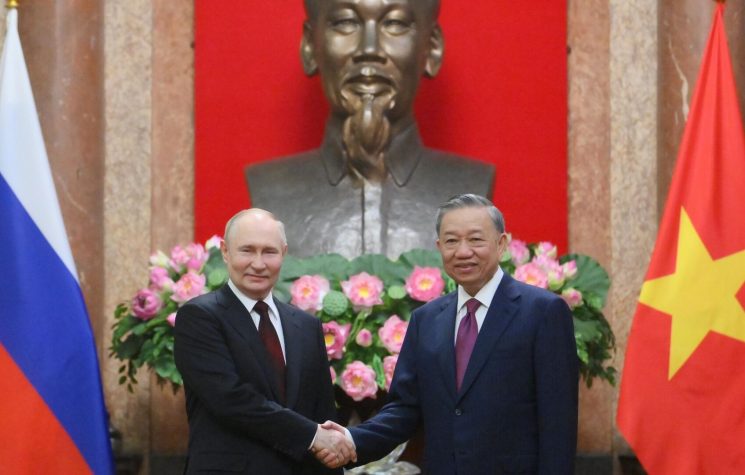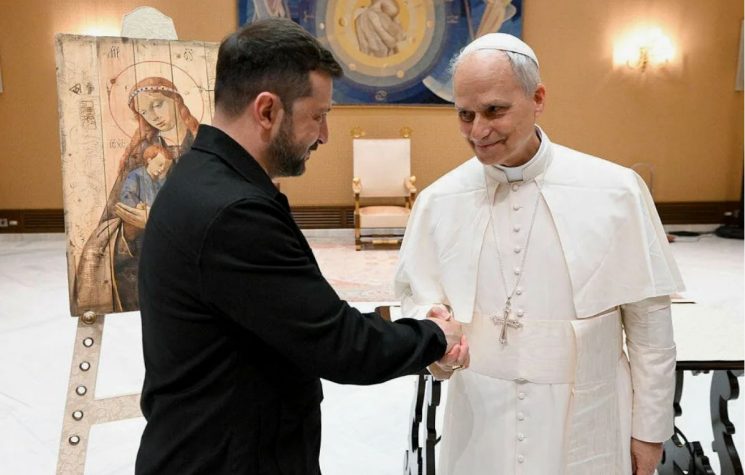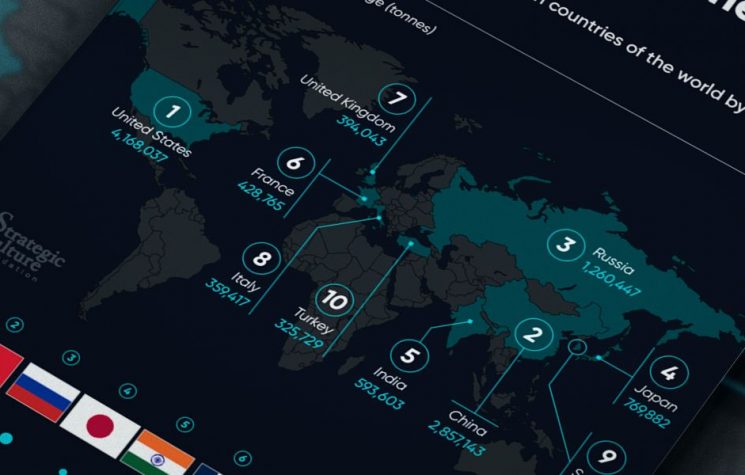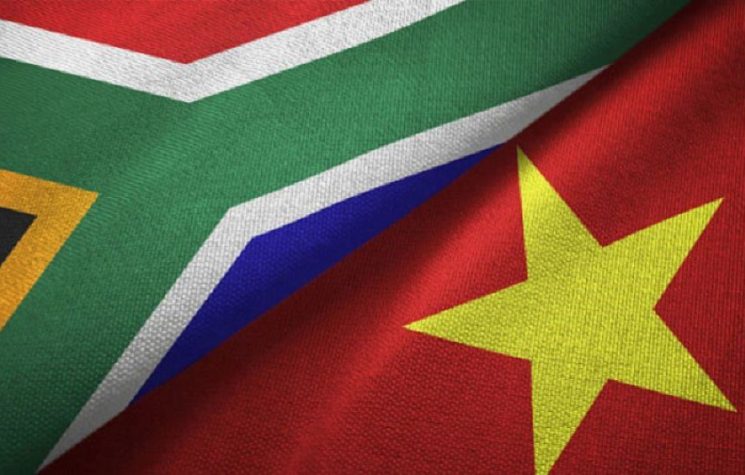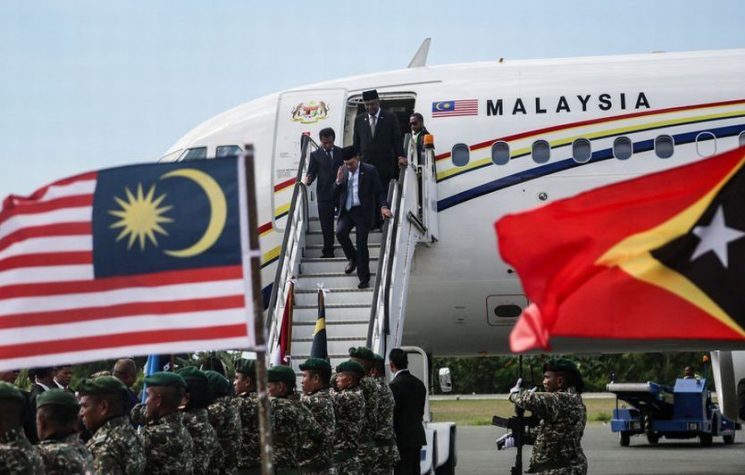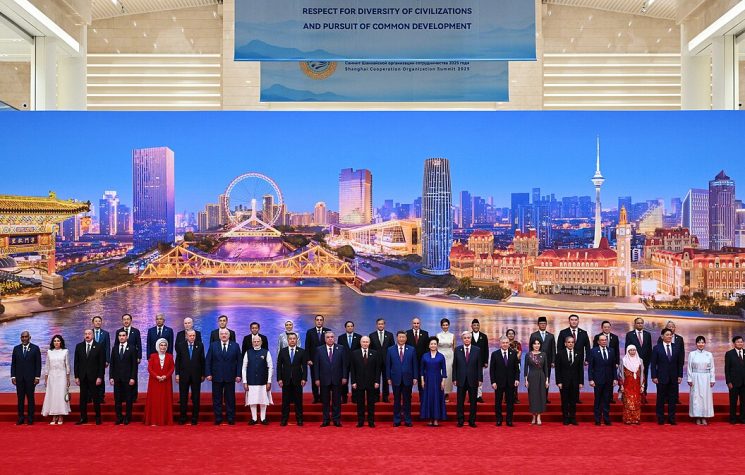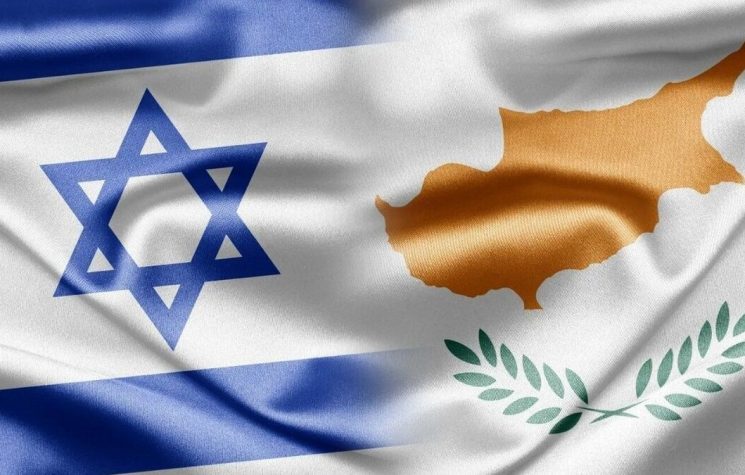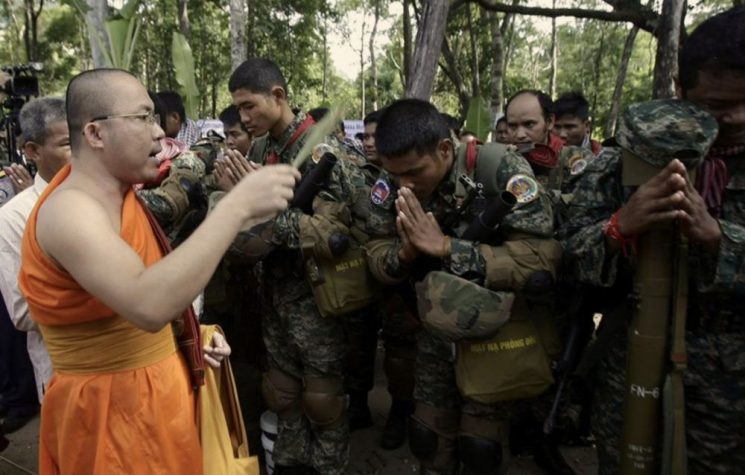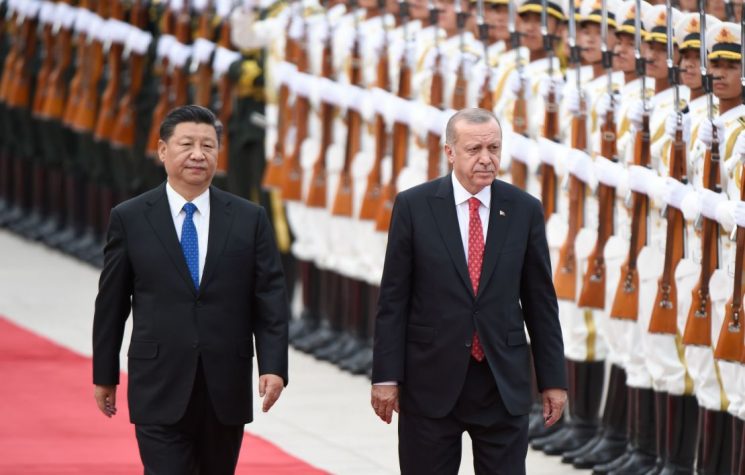Unilateral U.S. domination is over. Multipolarity is now a concrete reality.
Contact us: @worldanalyticspress_bot
Geographical domain
Turkey occupies a geographical position of primary importance in the Eastern Mediterranean, acting as a bridge between Europe, Asia, and the Middle East. Its coastline on the Mediterranean, particularly along the southern shores of Anatolia and the adjacent waters of Cyprus, gives it a central strategic role in the region’s geopolitical and military relations. This position allows it not only to control vital maritime routes for trade and energy, but also to project power in one of the world’s most sensitive theaters.
From a military standpoint, the eastern Mediterranean is a key area for Ankara’s national security. Turkey’s presence in northern Cyprus through the Turkish Republic of Northern Cyprus (recognized only by Turkey) strengthens its strategic control over the Suez Canal, the Levant, and important energy corridors. In addition, maritime disputes over the delimitation of exclusive economic zones (EEZs), particularly with Greece and Cyprus, pit Turkey against other regional and international actors. Ankara disputes Greek claims based on the Dodecanese islands and Kastellorizo, considering them disproportionate to the size of the Turkish continental shelf.
In response to these tensions, Turkey has adopted the ‘Blue Homeland’ (Mavi Vatan) doctrine, which claims broad maritime sovereignty and provides for an active and permanent naval presence. The Turkish military, particularly the navy, has significantly enhanced its operational capabilities in the Mediterranean, with regular exercises and the development of new naval bases, including Aksaz and the forward base in Tripoli, Libya, thanks to the military agreement signed in 2019 with the Government of National Accord (GNA).
At the same time, Turkey has opposed the emergence of exclusive energy alliances, such as the Eastern Mediterranean Gas Forum (EGF), which includes Greece, Cyprus, Israel, Egypt, and Italy, but not Ankara. This exclusion has prompted the Turkish government to strengthen its geopolitical projection, including through unilateral energy exploration in disputed waters, often escorted by warships.
Redefining the power geometry in the region
The Black Sea and the Eastern Mediterranean: this is the area where the conflicts and crucial challenges that will affect the fate of all humanity are concentrated, and this is where our nations are located.
From regions stretching from the Caspian Sea, the Caucasus and the northern Black Sea to the Aegean Sea and the eastern Mediterranean, across Egypt, Libya, Cyprus, Palestine, Lebanon, Syria, Turkey, Iraq, Iran, the Strait of Hormuz, Yemen and the Sea of Oman, a common front has formed against the influence of the globalist West, represented by the United States and Israel. This front is not merely a geopolitical line, but a moral boundary defending sovereignty and human dignity. In the face of Atlantic imperialism, we reaffirm our determination to resist, to protect the integrity of our lands, and to ensure the freedom and prosperity of our peoples. Western attempts to pit individual freedom against collective security have failed. In West Asia, ethnic, religious, and sectarian differences are seen as a source of richness, not division.
NATO’s expansion eastward, particularly in the northern Black Sea, poses a threat to all peoples in the region. There is a problematic alarmism being driven by European powers, and we call on the peoples of Europe to resist the warmongering policies promoted by Berlin, Paris, and London. The resistance of Russia, in this sense, and of other regional actors, is fundamental to preserving our shared future. Control of NATO and U.S. bases in the region is a shared responsibility. These presences threaten peace, development, and stability from the Black Sea to eastern Anatolia. Removing these bases is a duty to our peoples and to humanity. The joint military exercises of the U.S., Israel and their allies in the eastern Mediterranean, under names such as Noble Dina and Nemesis, are a direct threat to regional maritime sovereignty.
A NATO that expands is a NATO that destroys itself.
In response to Western attempts to fragment the Caucasus, a united and supportive front is needed. Ankara knows this well. The accession of Azerbaijan, Georgia, and Armenia to NATO would increase instability in the region, threatening the balance throughout the Black Sea and Mediterranean basins. Turkey must exercise its veto right over any such development.
Of great interest is the proposal for a strategic alliance between regional states and emerging powers such as China and Russia. The joint Turkish-Russian presence in Syria is a stabilizing factor. Strengthening military cooperation with China is essential to ensure strategic autonomy and the security of trade routes.
The aggression carried out by the United States and Israel since 1991, which has devastated Iraq and Syria, threatened Iran and Turkey, and fomented extremist organizations to destabilize the region, is also strongly condemned. The goal, in part, is to impose an artificial Kurdish entity as a “second Israeli state.” Iran’s recent success in repelling the Israeli-U.S. offensive is an important signal for the balance of the Mediterranean and the Black Sea. We also defend Iran’s right to a civilian nuclear program and the territorial unity of Syria.
In Libya, too, Turkey is taking a mediating position: Western interference must be stopped, territorial sovereignty restored, and the government left free to operate, halting the deportation of migrants.
Ending sanctions, embargoes, and coercive measures imposed against Iran, Russia, Syria, Turkey, TRNC, Abkhazia, China, North Korea, Venezuela, and Cuba is a priority, and Turkey is aware that joining the Belt and Road Initiative is an opportunity not to be missed.
The Palestinian question occupies a very special place. The majority of Turks condemn the occupation, as do the political forces, calling for peace negotiations and rejecting the Abraham Accords imposed on Syria. The Palestinian cause is also a Turkish cause, as Islamic brotherhood transcends political opportunities. The globalist Western system is generating humanitarian, social, and environmental crises. Its culture, marked by moral decadence and social atomization, is in decline. In response, a new civilization is emerging that values sovereignty, solidarity, and social justice.
Unilateral U.S. domination is over. Multipolarity is now a concrete reality. We salute the efforts of the countries of the global South and regional organizations—from the BRICS to ASEAN, from the SCO to the Arab League—to build a new world order independent of Western oversight.
The waters of the Black Sea and the Mediterranean carry with them the promise of a shared future.









